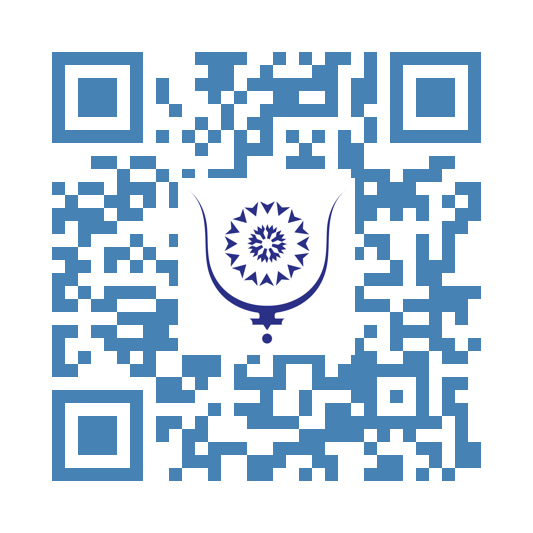Mother tongue in education: a development imperative... 2764
I would like to extend my warmest thanks to the many people who have responded to my previous articles on the issue of language in Morocco. Opinions continue to differ on the use of the Moroccan mother tongue in education.
Some, without the slightest argument, oppose it with immeasurable fervour.
False debate, say others.
In fact, almost all teachers already use Darija to explain the content of their lessons, particularly in science subjects.
So much the better.
What is perplexing, however, is the logic of opposition that some people are striving to impose between Arabic and Darija.
In fact, scientifically, what is required in teaching, particularly in the early years, what is recommended by all the international bodies concerned, what is concluded by almost all the scientific research on the subject, is a linguistic continuum, in the complementarity between the language used at home and the other languages, Arabic first and foremost in the case of Morocco, since politically we have made it the language of the country.
Darija and Arabic complement each other perfectly.
The advantage of learning in the mother tongue during the first years of schooling is precisely that it allows a transfer to other languages without fractures or breaks, ensuring normal mental structuring.
The child is not shocked and develops psychologically, normally, in the continuity of its linguistic, genetic, historical, civilisational and social baggage.
Logically, as has proved to be the case in countries that have long opted for the use of the mother tongue in education, the salutary effect of this approach is that learners assimilate knowledge easily and confidently, adopt social values without difficulty and integrate civic values more easily. The school is here a component of life, perfectly integrated into its environment.
Unfortunately, doing things the way we've been doing them up to now is the exact opposite of this logic.
Our way of doing things encourages a split personality, to put it mildly. As soon as a child starts school, he will adopt a behaviour for school, a behaviour for his family and later another behaviour for the street and everyday life. They will develop a language for each of these spheres.
This is conducive to many mental abnormalities and is the main cause of school drop-out rates, which in Morocco are reaching rather worrying figures, not to mention the colossal budgets spent for little return. The result is unfortunate public spending and unbelievable amounts of money that have been squandered shamelessly for a long time without question.
Children who have not properly assimilated the language of learning imposed on them are simply discouraged and will eject themselves from the school system.
Later on, young people who have not succeeded at school will find themselves to be a sub-human and see themselves as such.
Whatever professional knowledge they acquire later on, as long as they are unable to express it in classical Arabic or French, they are considered ignorant.
The citizen they are about to become is excluded, for example, from official information, which is only provided in the two languages mentioned above, if not in Amazigh and Spanish.
Little by little, they become disconnected from "official life", drop out of cultural life, stop reading, stop writing and soon fall back into primary illiteracy.
This abnormal situation creates a divorce between these citizens, who are unfortunately very numerous, and the public sphere, for example. They are no longer able or willing to take part in social life, let alone political life. This rejection is normal because these citizens no longer feel concerned and see themselves as living on the margins, the language or languages used being foreign to them.
In the logic of things, the most embittered will go so far as to develop a rejection and then a hatred of public affairs. They are the breeding ground for nihilism and, why not, fundamentalism.
Children begin by rejecting and hating their school, and will then transfer this attitude to their entire environment, and in particular to institutions. The violence that is developing in our society can find a plausible explanation here.
That, in a nutshell, is the problem of mother tongue denial. It's not just a technical or linguistic issue, but an existential one for a society. It is intimately linked to human development and hence to the country's development as a whole.
Any reflection here must be conducted with intelligence, far from any partisan ideologies or immutable convictions.
The mother tongue is by its very nature a structuring factor, and nothing can replace its effectiveness or its richness.




